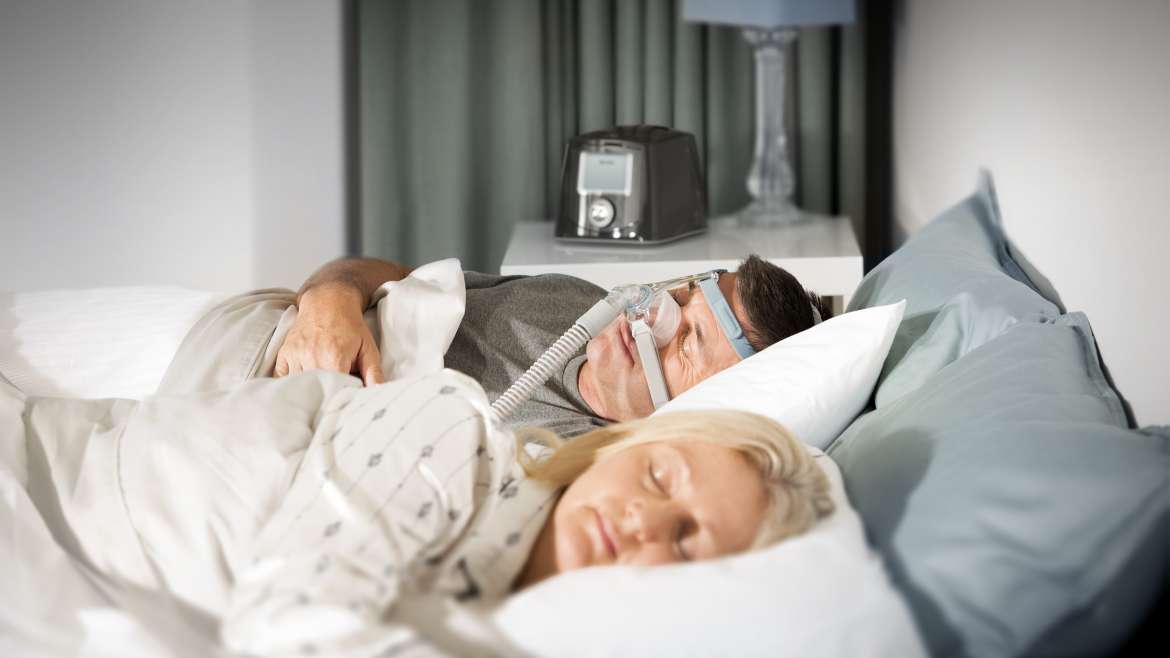
Services
Sleep Medicine
At-home sleep apnea testing is an easy, cost-effective way to figure out whether you are having trouble breathing. A home sleep apnea test is a very simplified breathing monitor that tracks your breathing, oxygen levels, and breathing effort while worn. An at-home sleep apnea test may be appropriate for you if you have signs of obstructive sleep apnea, such as:
- A sleep partner reporting that you snore, snort or gasp while sleeping.
- Disrupted sleep.
- Daytime sleepiness
Talk with your medical provider about your options at Scintadel Inc., especially if you are overweight or obese.
Take the First Step Toward Better Health
Get an Appointment - Sleep Medicine:
Schedule your appointment today and let our compassionate
team guide you on your journey to healing and growth.

The Facts About At-home Sleep Tests
We strive to offer cutting-edge Psychiatric care within a holistic, integrative, compassionate and collaborative setting, centered on an individual’s personal needs in a professional, non judgmental and pleasant work environment.
They monitor breathing, not actual sleep.
A sleep test is meant to evaluate a patient for sleep apnea, and it monitors breathing parameters, not the sleep itself. The sleep test will not analyze how long you are in light or deep sleep, for instance. Instead, it will measure pauses in and absence of breathing, how much effort it takes to breathe and whether your breathing is deep or shallow.
Your doctor needs to prescribe it.
This is not an over-the-counter test. Your primary care physician or a physician at a sleep clinic can order it for you to use at home.
It uses sensors to detect breathing patterns.
The sensors include a small probe over your finger that measures oxygen levels. You will insert another mask with tubes into your nostrils and secure it around your ears, similar to an oxygen mask. Other sensors are placed on your abdomen and chest to measure their rise and fall as you breathe.
It is a small commitment.
Most at-home sleep tests are used just for one night. It is also less expensive than a sleep study conducted in a clinic ― anywhere from a third to a fifth of the cost of doing an in-lab study and often covered by insurance.
It is convenient.
With an at-home study, you will be in the comfort of your own surroundings, which can mean a more accurate reading of how you actually sleep.
It does not completely rule out apnea.
After the test, your results will be reviewed by a sleep technologist and sent to your physician. If symptoms persist, your physician might recommend an in-lab study. Home tests can sometimes be inaccurate: For instance, your sensors might fall off during the night. At a lab, a physician is on-site to monitor you.
You might have other sleep issues.
Not all sleep disorders are characterized by breathing trouble. If your symptoms persist, you might not have apnea. Other common sleep issues that don’t affect the airways include movement disorders that cause nighttime restlessness or narcolepsy, a neurological disorder that affects the body’s sleep-wake cycles and causes excessive sleepiness. Your physician can work with you to pinpoint the cause.
Testimonials
What Our Patients are Saying
“
Scintadel Healthcare has been life-changing for me. The compassionate care I received from the team helped me manage my anxiety and regain control of my life. I’m truly grateful for their support and expertise.
”– Jessica R.
Happy Customer“
I was struggling with depression and didn’t know where to turn. The professionals at Scintadel Healthcare listened without judgment and created a treatment plan that really worked for me. I’m now on the path to a happier, healthier life.
”– Michael L.
Happy Customer“
The team at Scintadel Healthcare truly cares about their patients. Their personalized approach and dedication to my well-being made all the difference. I highly recommend them to anyone seeking mental health support.
”– Emily T.
Happy CustomerSubscribe To Our Newsletter
We strive to offer cutting-edge Psychiatric care within a holistic, integrative, compassionate and collaborative setting, centered on an individual’s personal needs in a professional, non judgmental and pleasant work environment.

